It’s chocs away for the possibility of Auracast coming to airports and aeroplanes.
A new Aviation Accessibility Report has been released, giving key recommendations aimed at making life easier for passengers with additional needs.
The Aviation Accessibility Task and Finish Group, chaired by Baroness Tanni Grey-Thompson and comprising industry and consumer representatives, wants to see the flying experience made more inclusive, which in turn will break down barriers.
The group first met in November last year and has now made 19 suggestions.
The report states there are around two million flights every year that arrive or depart from a UK airport, and it is estimated that 1.5% of passengers have a disability of some kind. Last year, 5.5 million passengers requested assistance at a UK airport.
The report notes: “What became clear is that there was no pattern of good and poor performances and while many journeys occur perfectly well there are still too many gaps and poor experiences. One poor experience can create obstacles for future travel or stop someone flying altogether.”
It continues: “What became clear is that many Disabled people do not know what to expect from their journeys.”
Among its recommendations is mandatory disability awareness training for all airline and airport staff. This has been developed with input from those with disabilities, should be consistent, and given by skilled trainers.
Also highlighted is the need for clearer passenger information, so that when bookings are made there is clear information about how to book assistance, find in-airport support services and guidance on how their mobility aids will be transported.
Airports should ensure that all digital communications, including websites, mobile apps, and email, are fully accessible and user-friendly for all passengers, while also enhancing assistance throughout the airport journey.
More Aurahear: Discover the FlooGoo that can turn any device into an Auracaster
The report is broad, so it doesn’t mention Auracast, but instead describes this as: “Recognising the varying sizes and operations at airports, examples to achieve this could include more staffed help desks, real-time updates via SMS, email, and in-app notifications to keep passengers informed about flight status, gate changes, and assistance options, two-way communication, and alternative methods to contact support staff when required.”
The report also calls for a change in terminology, moving away from terms such as special assistance, instead describing it as assisted travel or assistance services.
Other recommendations include developing awareness campaigns to increase confidence to fly, establishing an industry-led working group on mobility aid design and handling.
Chair of the Aviation Accessibility Task and Finish Group, Baroness Tanni Grey-Thompson, said: “This report is the next critical step in making air travel more inclusive for disabled people.
“We know there’s more work to be done, and I look forward to seeing these recommendations turned into action, which truly puts accessibility at the heart of aviation.”
The group will report annually to the Department for Transport to showcase progress on the delivery of the recommendations.
When could Auracast be in the airport?
As noted, the report does not explicitly recommend any technology or explicit solutions – this is essentially a starting point. However, as the report discusses access to information before travel, creating airport accessibility guides, and access to information and support whilst travelling, as well as enhancing access to assistance during the airport journey, Auracast will be in the minds of many who will have the responsibility for delivering solutions to the report’s recommendations.
Auracast is a perfect solution for hearing-impaired – or anyone who wants to hear what is happening to their flight. An Auracaster can be set up for each gate, and passengers can connect to it via their Auracast Assistant app. It will mean that the Auracaster will need to be multi-channel, but that is better than having one Auracast that repeats information on a loop about each gate.
Hopefully, it won’t be long before we see the first Auracast trials in a UK airport.
Karen Dee, Chief Executive of AirportsUK, said: “The recommendations in this report will help build on the work already being done by airports and the wider sector to ensure air travel is accessible to all.”


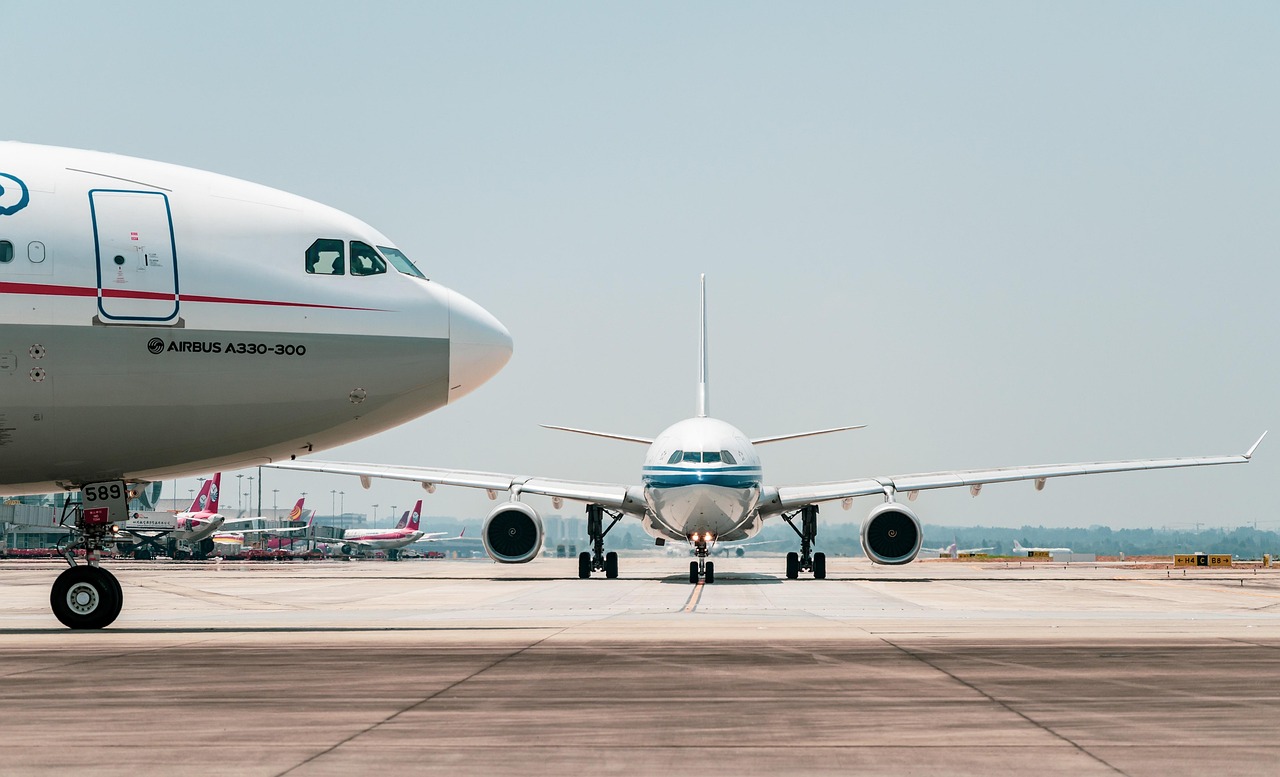


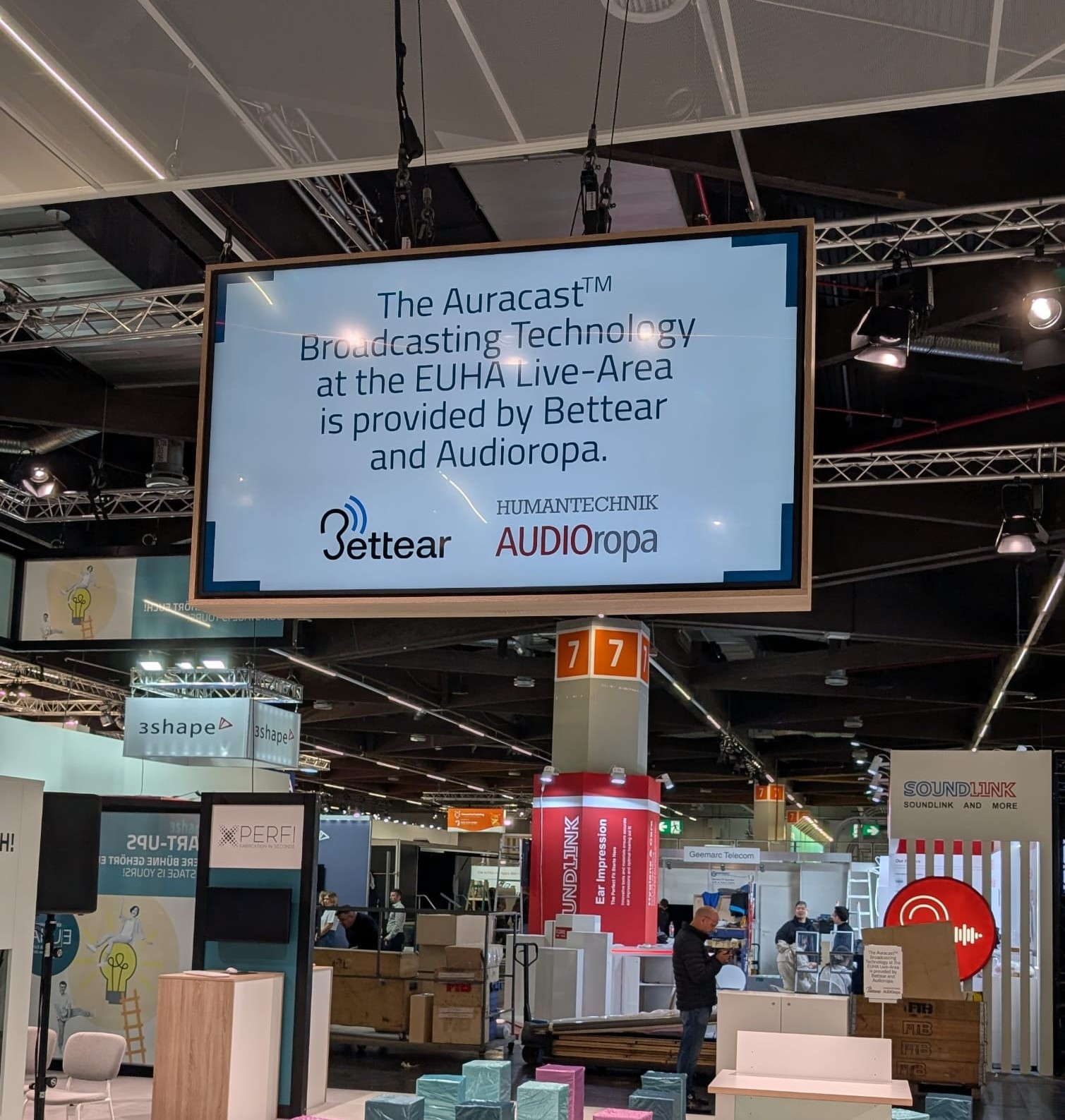
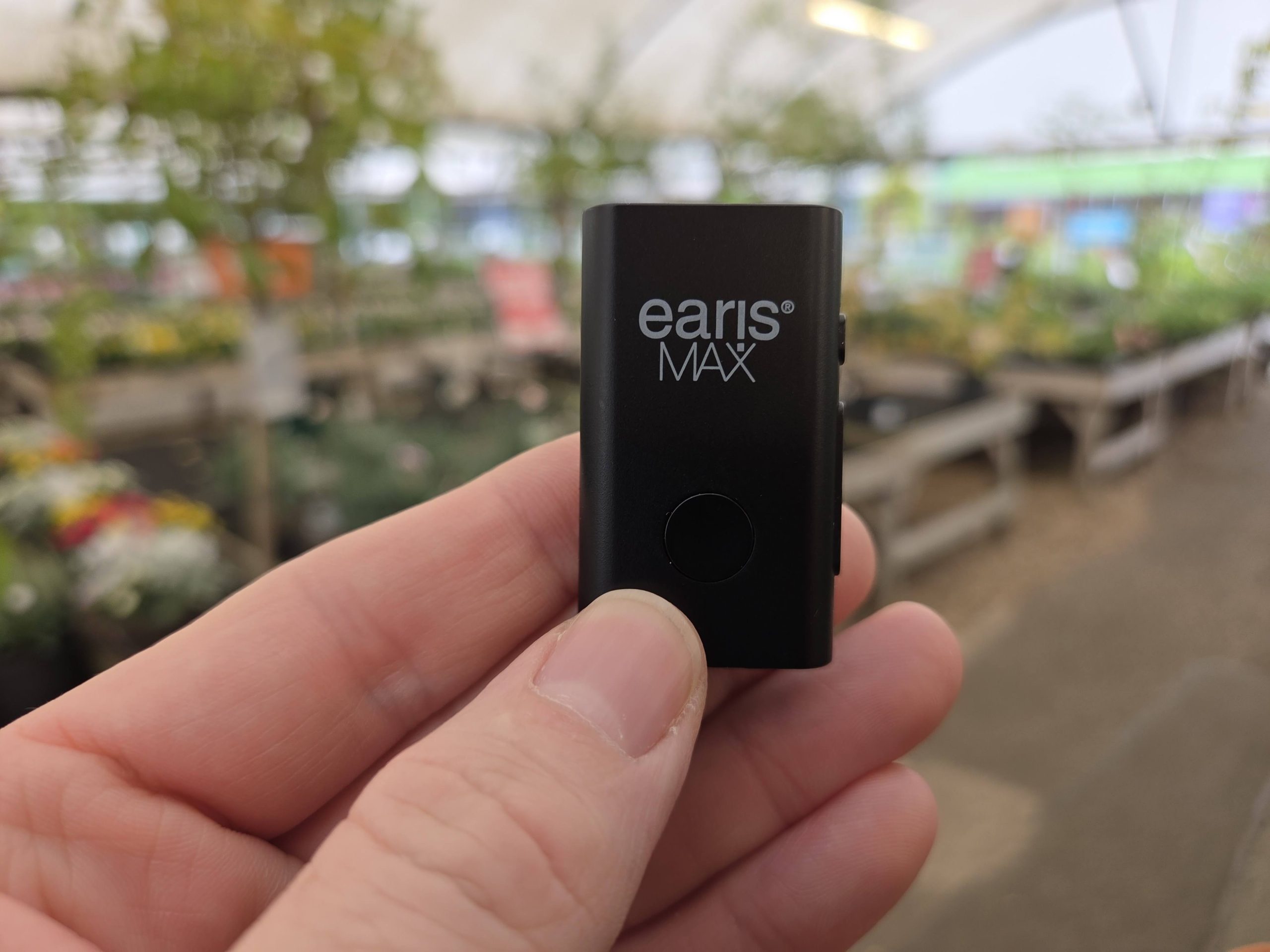



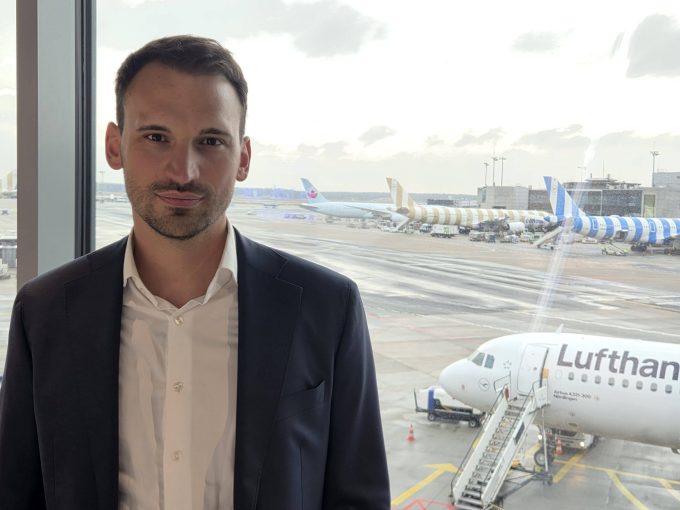
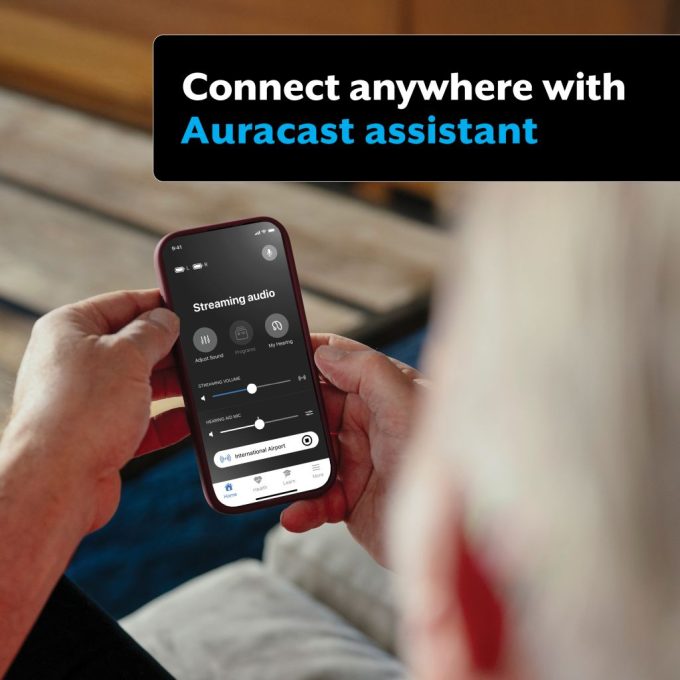
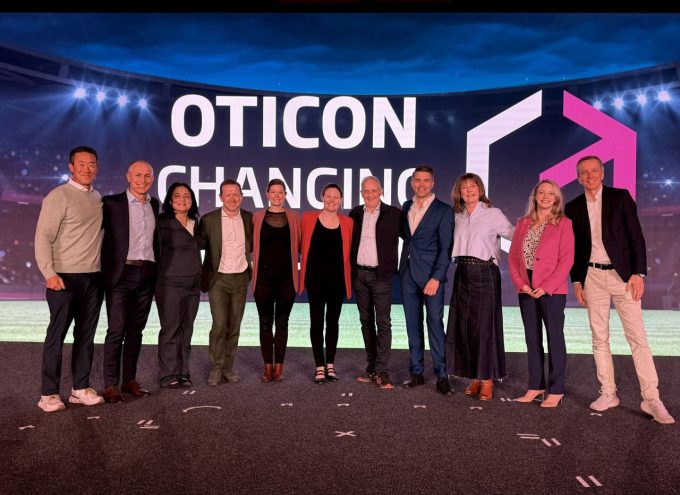
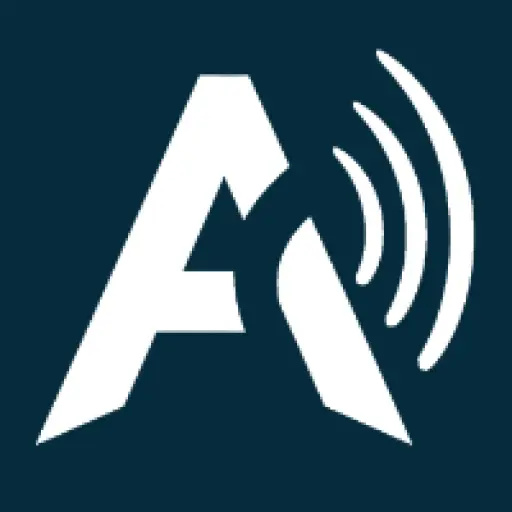
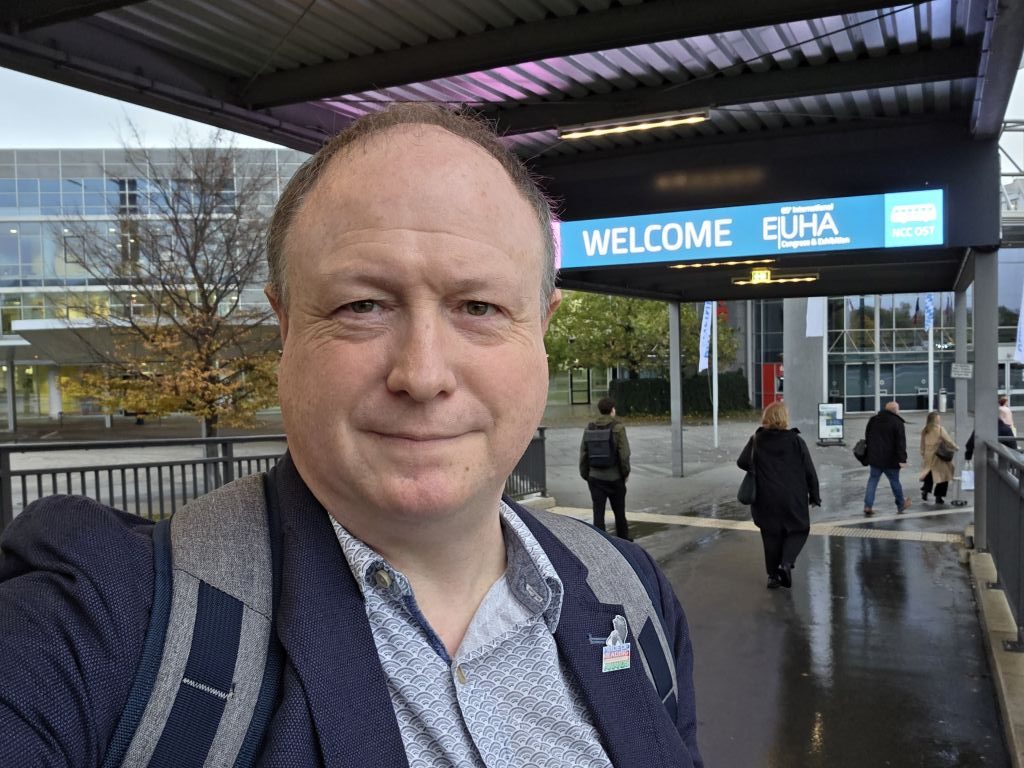
Leave a comment